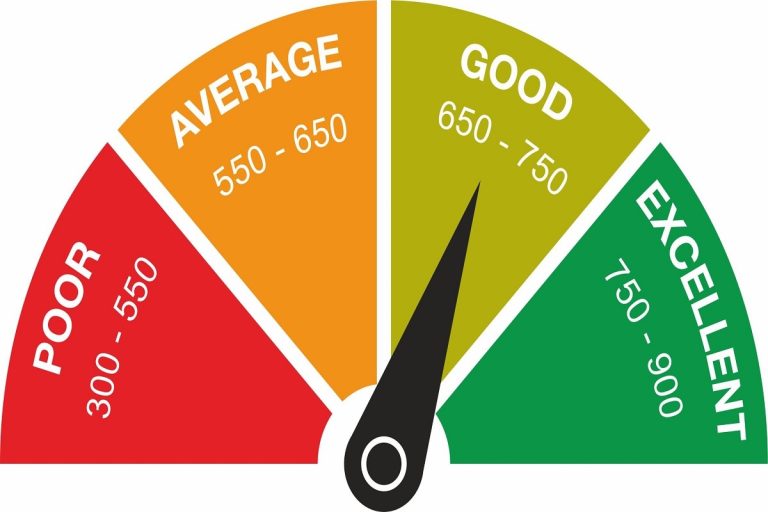World shares dip, yen slides amid landmark BOJ policy shift

Global shares dipped and the yen slid on Tuesday after the Bank of Japan met market expectations by ending eight years of negative interest rates, likely the highlight of a busy week for central banks.
MSCI’s world share index dropped 0.16%, though was still near all-time highs, and U.S. Nasdaq futures were down 0.7%, with chip stocks having a rare bad day in premarket trading. The U.S benchmark 10-year Treasury yield was around 1 basis point (bp) lower at 4.33%. [.NUS/]
The day’s big news was in Japan, where the BOJ heralded a new era as it shifted away from years of ultra-easy monetary policy. It also abandoned bond yield curve control and dropped purchases of riskier assets, including exchange-traded funds.
Japan’s Nikkei was choppy after the decision but closed 0.66% higher, buoyed by the weaker yen, while Japanese government bond yields fell. The dollar rose as much as 1% to 150.7 yen.
“The BOJ clearly has been very, very keen to manage this process so that it is not disruptive,” said David Mitchinson, fund manager at Japan focused Zennor Asset Management. “The markets have front-run them and anticipated their move.”
Though the shift was Japan’s first interest rate hike in 17 years, it still keeps its rates stuck around zero as a fragile economic recovery forces the central bank to go slow on further rises in borrowing costs, analysts say, giving the rate-sensitive yen little traction.
In a statement announcing its decision, the BOJ said it would keep buying “broadly the same amount” of government bonds as before.
“So some of that spread closure between Japan and the U.S. isn’t quite really happening at the moment because although Japan has hiked a little, the U.S. hasn’t cut,” said Mitchinson, pointing to the fact that U.S. inflation pressures have been stronger than expected
BOJ Governor Kazuo Ueda said in his press conference that accommodative financial conditions would be maintained for the time being and the pace of further hikes would depend on the economic and inflation outlooks.
European shares were fairly muted, with the STOXX 600 down a touch and euro zone bond yields little changed. [.EUGVD/EUR]
CENTRAL BANK BONANZA
In the day’s other central bank news, the Reserve Bank of Australia held interest rates steady as expected, while watering down a tightening bias to say it was not ruling anything in or out on policy.
The Australian dollar slipped 0.7% to $0.6514 following the decision. The Aussie is down over 4% against the U.S. dollar this year.
The Federal Reserve’s two-day meeting wraps up on Wednesday, and central banks in Britain, Norway, and Switzerland meet on Thursday. All are expected to keep rates steady, though markets are not ruling out a move in the Alps.
When it comes to the Fed, the market’s attention is on policymakers, updated economic and interest rate projections and comments from Chair Jerome Powell.
Last week’s stronger than expected inflation reports led traders to reduce their bets on U.S. rate cuts this year, with markets now pricing in 71 bps of easing in 2024, roughly in line with expectations the Fed published in December, the latest iteration of which are due at this meeting.
At the start of the year, traders were pricing in 150 bps of cuts.
In commodities, spot gold eased 0.35% to $2,152.70 an ounce, after hitting all time highs earlier this month. U.S. crude edged up 0.13% to $82.82 per barrel and Brent was at $87.01, up 0.1% on the day.





